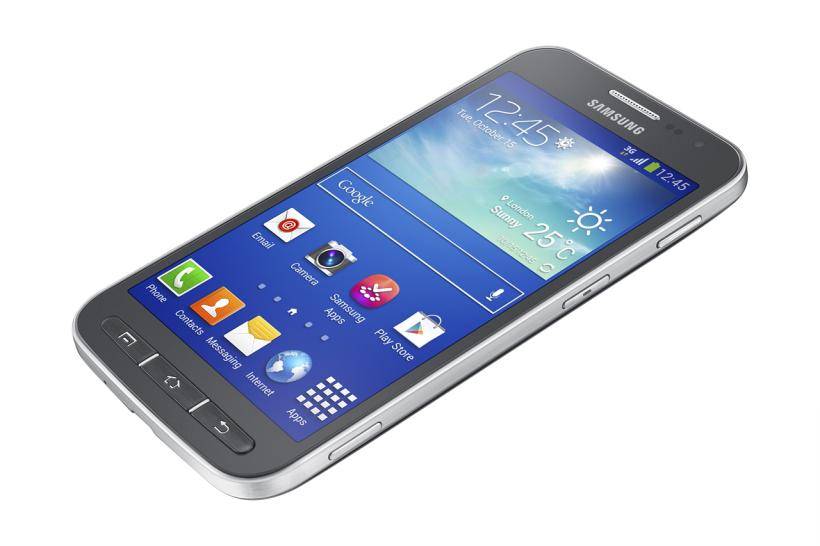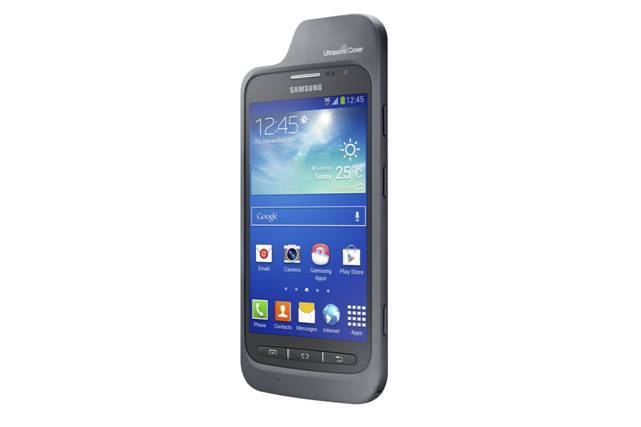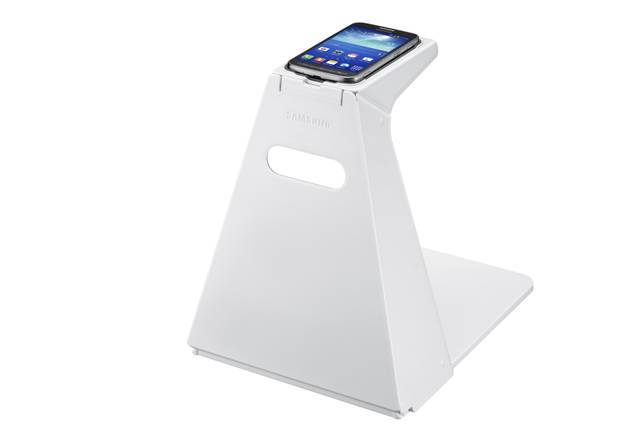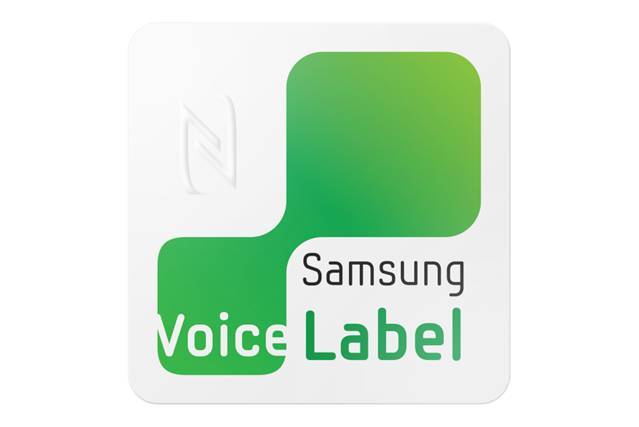
We’ve seen smartphones and interfaces designed for older users, but few address the needs of those with disabilities. While the Samsung Galaxy Core Advance doesn’t exactly address that either, these new accessories built for it help the impaired also get into a digital lifestyle.
The Galaxy Core Advance was announced last December as a relatively mid-tier smartphone with an eye towards users more advanced in age. The specs are not exactly noteworthy, with a 1.2 GHz dual-core CPU, 1 GB of RAM, 8 GB of storage, and a 4.7-inch 480×800 resolution display. It does, however, offer certain features, like dedicated buttons for voice recording and camera, as well as a soft back cover, that make it ideal for users with less define motor skills. These three new accessories, however, take the smartphone even further by providing additional uses for people with physical disabilities.
The Ultrasonic Cover is a case that will be useful for people with eyesight problems. The case is able to detect obstacles along a path and informs users by vibrating the smartphone or through an audible TTS warning.

Also for people who are not able to see or read properly is the Optical Scan Stand. The Galaxy Core Advance is placed on top of the stand to be able to scan printed material set beneath, which it can then translate into text that can be read aloud to the user. The appropriate app is automatically opened whenever any printed material is detected below the phone.

The Voice Label are practically NFC tags that can be used to record and trigger audio notes. Place such a tag on an object and record a note identifying what the object is. The user can then later playback the note by simply tapping the smartphone. The labels can also be used to provide audio instructions on how to use certain equipment.

These accessories for persons with disabilities are now available from Samsung but are, of course, to be purchased separately from the Galaxy Core Advance. The manufacturer plans on providing other such accessories compatible with other Android devices to ensure that even impaired won’t feel left out of this increasingly smartphone-centric world.
SOURCE: Samsung









